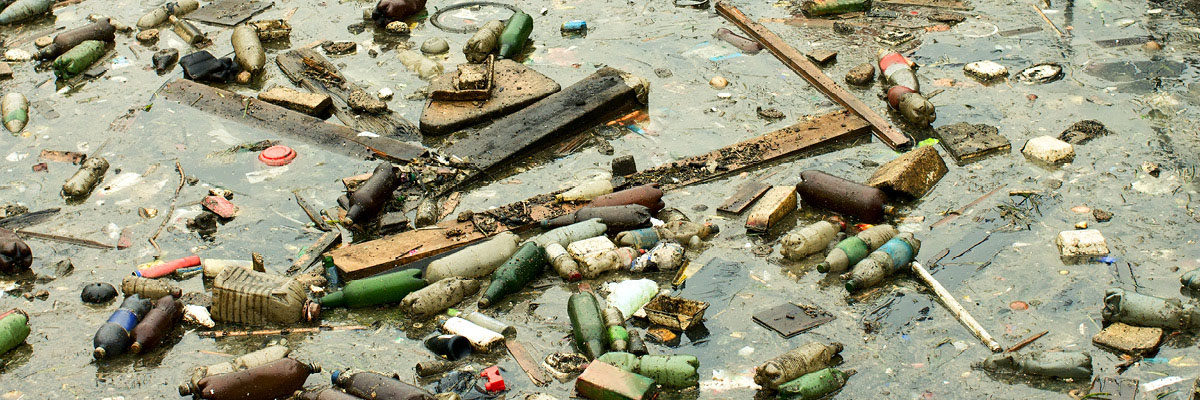

WEDNESDAY, Dec. 18, 2024 (HealthDay News) -- Microscopic plastic particles in the air could be contributing to a wide variety of health problems, including lung and colon cancers.
Tires and degrading garbage shed tiny pieces of plastic which become airborne, creating a form of air pollution that’s not very well understood, a new review says.
“These microplastics are basically particulate matter air pollution, and we know this type of air pollution is harmful,” said researcher Tracey Woodruff, a professor of obstetrics, gynecology and reproductive sciences at the University of California, San Francisco.
Microplastics are less than 5 millimeters in size, smaller than a grain of rice, researchers said in background notes.
Companies around the world produce nearly 460 million tons of plastic each year, and that’s projected to increase to 1.1 billion tons by 2050, researchers said.
A major source of airborne plastic is driving, researchers noted. Tires wear down as they rub against the road surface, sending microplastics into the air.
For the review, published Dec. 18 in the journal Environmental Science & Technology, researchers analyzed data gathered on about 3,000 prior studies.
The results showed that airborne microplastics can contribute to cancer, lung problems and infertility.
Most of the studies in the review used animals, but researchers said the conclusions likely also apply to humans.
“We urge regulatory agencies and policy leaders to consider the growing evidence of health harms from microplastics, including colon and lung cancer,” lead researcher Nicholas Chartres, a senior research fellow with the University of Sydney, said in a UCSF news release. “We hope state leaders will take immediate action to prevent further exposures.”
More information
Harvard Medical School has more on microplastics.
SOURCE: University of California, San Francisco, news release, Dec. 18, 2024
FDA Warns Top National Bakery to Stop Listing Allergens in Products When They Aren't There
Allergies Have You Stuffed Up? Nose Fungi May Be to Blame
Know Your Spring Allergens and the Meds That Can Help
Most Families Exclude Foods Linked to Allergies
Wildfire Smoke Is Choking America's Cities -- Is Yours on the List?
Gas Stoves Could Leave Your Lungs Vulnerable to Nitrogen Dioxide
Could Asthma Harm a Child's Memory Skills?
Some Cases of Recurrent Wheeze in Kids May Need New Treatment
Parents Scrambling After Asthma Inhaler Flovent Removed From Market